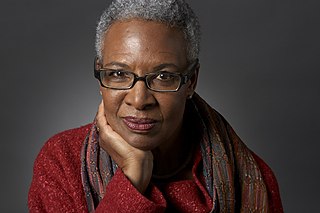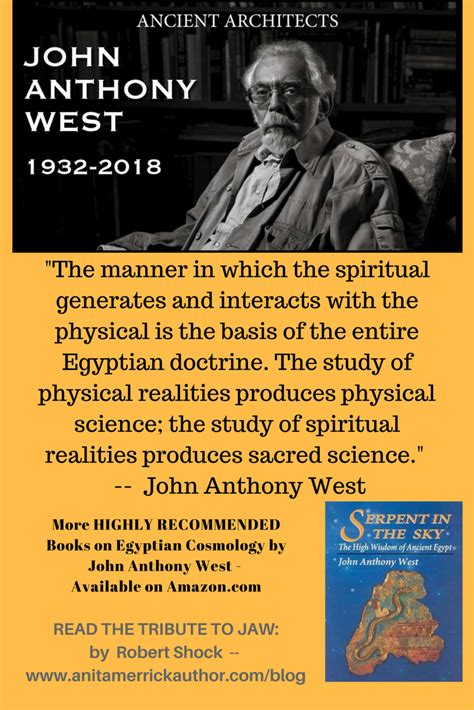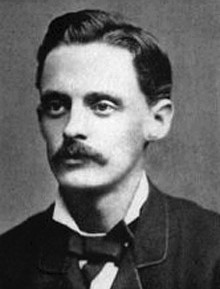A Quote by Benjamin Wittes
Once upon a time, science, philosophy, and theology were disciplines largely undifferentiated from one another, and proving the existence of God was a fairly commonplace intellectual exercise. But as the scientific method became increasingly refined, particularly through the nineteenth century, science and religion grew apart.
Quote Topics
Another
Apart
Became
Century
Commonplace
Disciplines
Exercise
Existence
Existence Of God
Fairly
God
Grew
Increasingly
Intellectual
Largely
Method
Nineteenth Century
Once
Once Upon A Time
Particularly
Philosophy
Proving
Refined
Religion
Science
Science And Religion
Scientific
Scientific Method
Theology
Through
Time
Were
Related Quotes
When people think science and cooking, they have no idea that it's not correctly expressed. We're actually applying the scientific method. People think chemistry and physics are science, but the scientific method is something else.... It's the science that the world of cooking generates: science of butter; science of the croissant.
The antagonism between science and religion, about which we hear so much, appears to me to be purely factitiousfabricated, on the one hand, by short-sighted religious people who confound a certain branch of science, theology, with religion; and, on the other, by equally short-sighted scientific people who forget that science takes for its province only that which is susceptible of clear intellectual comprehension; and that, outside the boundaries of that province, they must be content with imagination, with hope, and with ignorance
In my view, The Temple of Man is the most important work of scholarship of this century. R. A. Schwaller de Lubicz finally proves the existence of the legendary 'sacred science' of the Ancients and systematically demonstrates its modus operandi. It was this great science-based upon an intimate and exact knowledge of cosmic principles-that fused art, religion, science, and philosophy into one coherent whole and sustained Ancient Egypt for three thousand years.
A great swindle of our time is the assumption that science has made religion obsolete. All science has damaged is the story of Adam and Eve and the story of Jonah and the Whale. Everything else holds up pretty well, particularly lessons about fairness and gentleness. People who find those lessons irrelevant in the twentieth century are simply using science as an excuse for greed and harshness. Science has nothing to do with it, friends.
If the question were, "What ought to be the next objective in science?" my answer would be the teaching of science to the young, so that when the whole population grew up there would be a far more general background of common sense, based on a knowledge of the real meaning of the scientific method of discovering truth.
In the post-enlightenment Europe of the 19th century the highest authority was no longer the Church. Instead it was science. Thus was born racial anti-Semitism, based on two disciplines regarded as science in their day - the 'scientific study of race' and the Social Darwinism of Herbert Spencer and Ernst Haeckel.
Up until the middle of the nineteenth century, men of science were all believers. Most of the great early English naturalists were also ministers; they were the only ones who had education and leisure for such pursuits. Darwin himself almost became a minister. God's power was always thought to be most easily and obviously revealed in the majestic works of nature.
I firmly believe that the method which sets theological theories against scientifically ascertained facts, is fatal to the current theology and injurious to the spirit of religion; and that the method which frankly recognizes the facts of life, and appreciates the spirit of the scientists whose patient and assiduous endeavor has brought those facts to light, will commend the spirit of religion to the new generation, and will benefit--not impair--theology as a science, by compelling its reconstruction.































